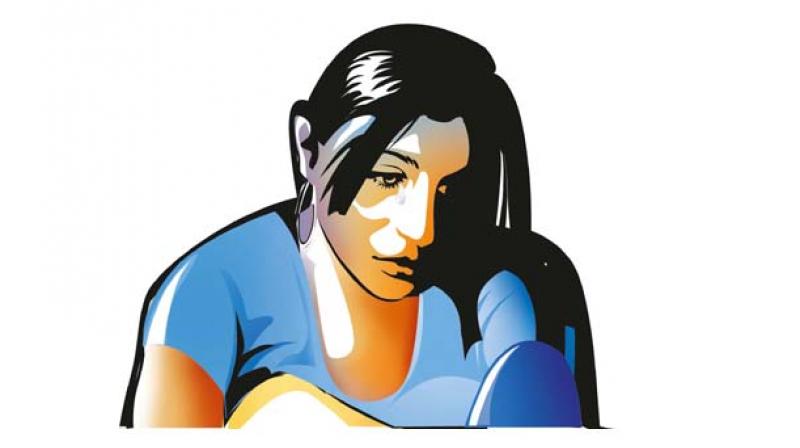Chennai: Private women's hostels continue to function without getting licence

Chennai: Little over a month ago, all ladies hostels in the city functioning without necessary licenses and approvals were asked to acquire licenses.
Following this, the district collector promised to look into it and said that hostels not adhering to the norms would be shut down.
However, a month later, not a single hostel has been shut, neither has any action been taken as women continue to live in dingy, unhygienic spaces due to lack of options.
Roopa, hailing from Kerala, lived in a hotel in Guindy for over a year. She has to share a room with six others and the food is abysmal, she says. She and her roommates have picked out insects from their food multiple times. She is not alone. Women across the city live in unimaginable conditions as hostel operators work to make profits alone.
“I cannot live in a big hostel because I cannot afford it. I’m left with no choice as the hostel I live in now is closest to my office and I work night shifts,” says Roopa, a techie in the city.
The Tamil Nadu Hostels and Homes for Women and Children (Regulation) Act, 2014, introduced to regulate the licensing and registration process of hostels along with ensuring safety and security is completely disregarded by the hostel operators. Each resident according to the act had to have at least 120 sq ft of space allocated to her. “My hostel had six people in a dingy room with bunk beds. We were six people in a space where only one should be,” said Roopa.
Further, the electricity and water connections are taken as domestic connections without inspection. “The connections are supposed to be given after an official inspects the building. If it is a commercial establishment, a commercial connection, with different charges need to be given. Bribes are given and rules are flouted and the tariff for electricity, water and LPG gas is the same as for domestic usage,” says Unnikrishnan, president of the Canal Bank Road Residents Association.
Food safety is another huge concern. Most hostel operators serve low-quality, unhealthy food to the residents. According to the Act, a Food Safety and Standards Authority of India (FSSAI) approval needs to be acquired after the food is tested.
Some complaints from residential areas where hostels are being run in apartment buildings also emerged. These buildings, without boards, run like households and therefore only pay domestic charges. At the same time, residents say that hostel operators buy ration in bulk from the local ration shops and therefore the food is low-quality.
“The local ration shops give pulses, rice and other groceries to hostel operators for a lump sum. They both make handsome profits but the ones who should benefit from the Public Distribution System are affected,” says Unnikrishnan.
Authorities, however, seem to pay no heed. An unregistered hostel will be fined up to Rs 20,000 and ones flouting major norms could even be asked to shut down, the act says. The District collector must schedule an inspection of hostels which have applied for licenses and receive approvals from various departments including the District Social Welfare Officer. Only if the hostel is found to have adequate accommodation facilities will a license be provided. Existing hostels which were set up prior to the Act must also register.
Officials said they had received around 85 applications which they are in the process of registration but blamed the lack of manpower to tackle the demand. “New hostels crop up every day and it is difficult to track them. We have only one district social welfare officer and she doing the necessary arrangements,” said an official of the social welfare department.
DSO, however, refused to comment and said that she would only respond to requests if the collector had asked her to. When DC tried to contact the collector’s office, it was discovered that the collector had been relieved and a new collector will be appointed in a few days.

